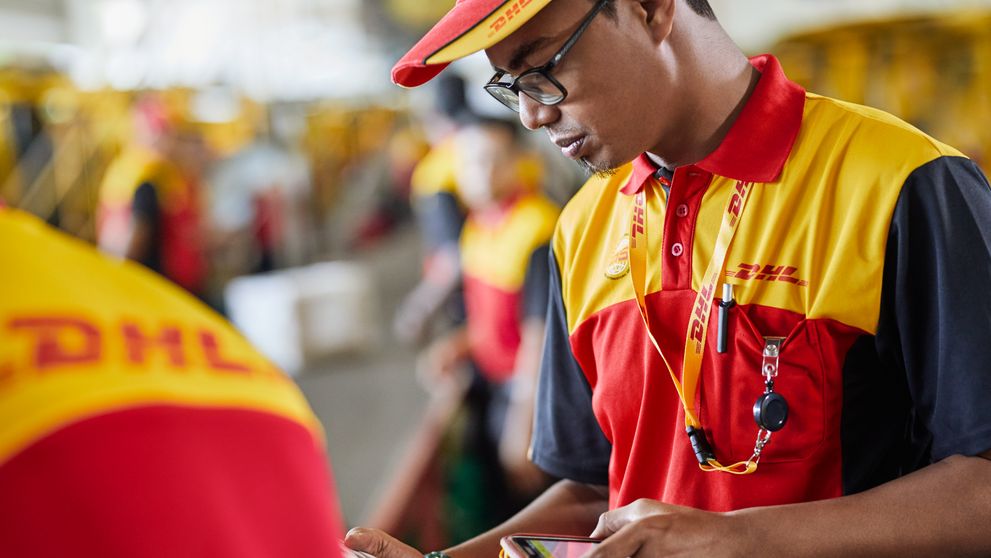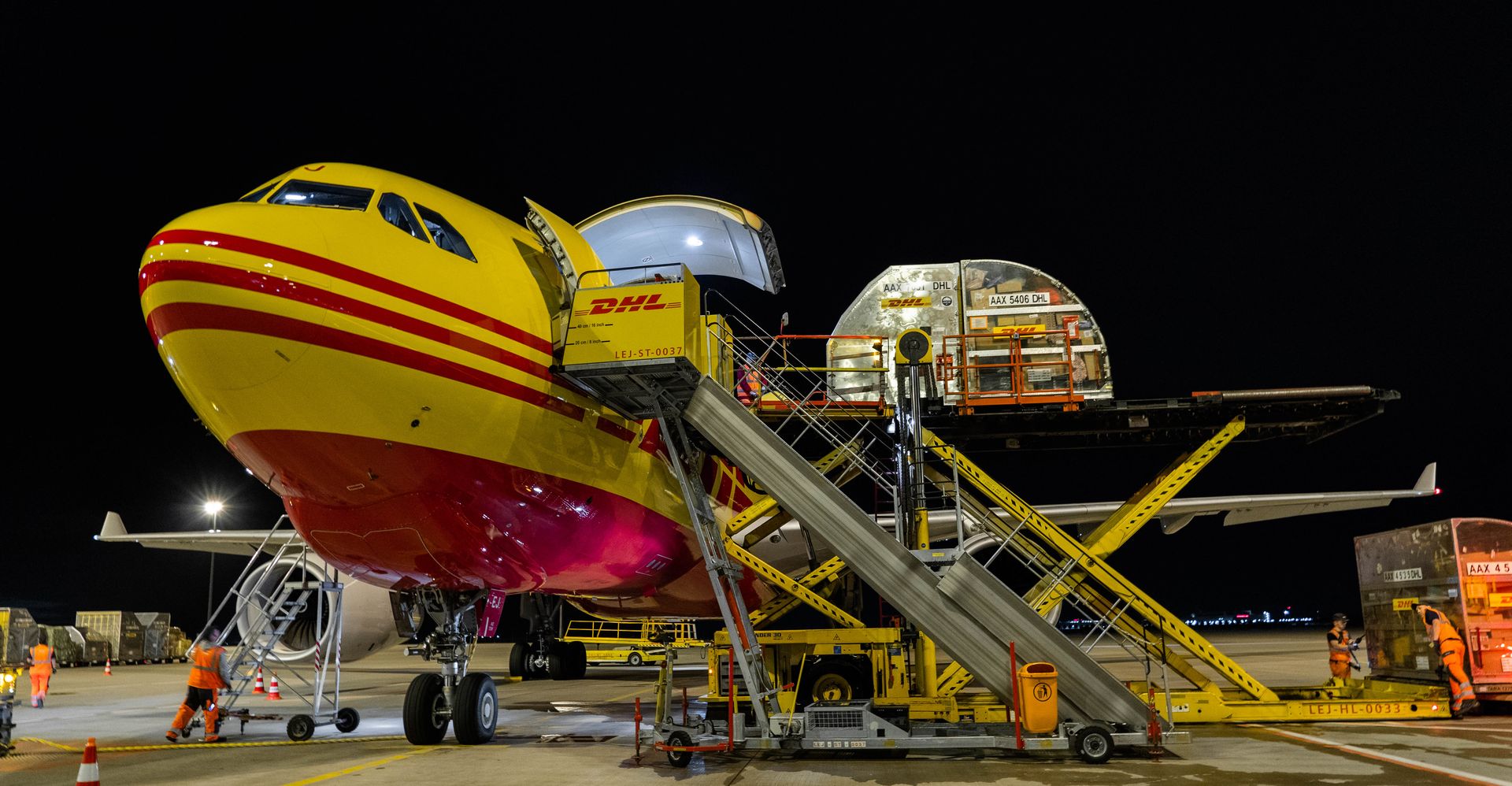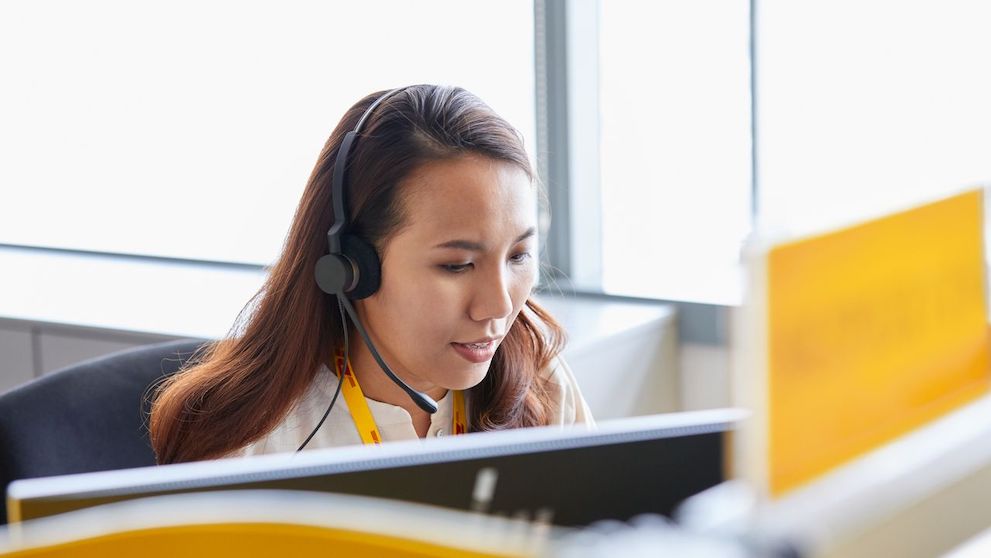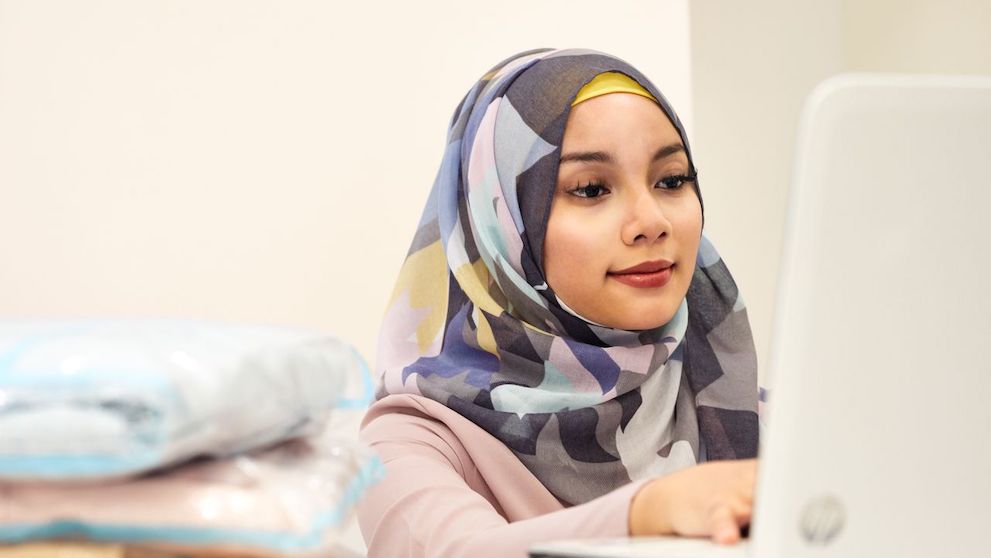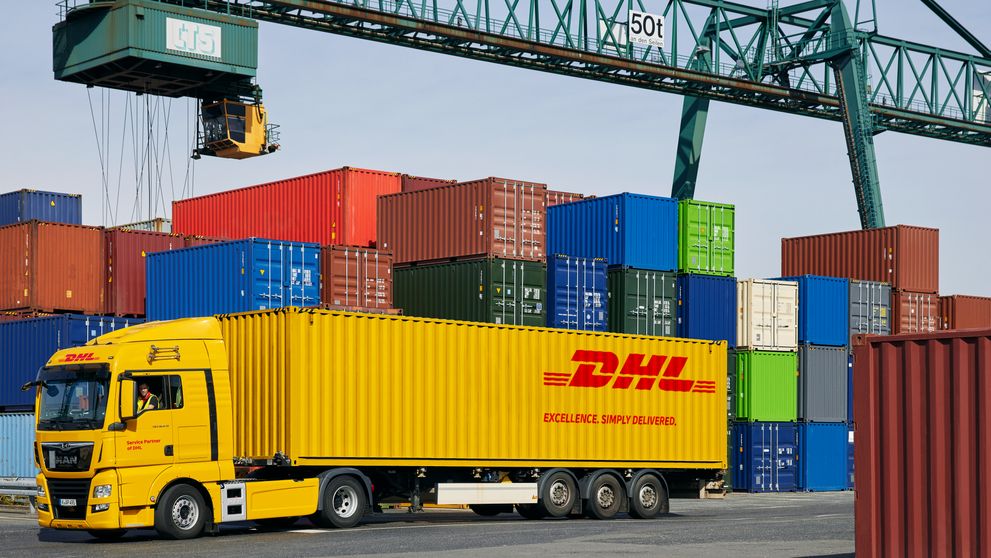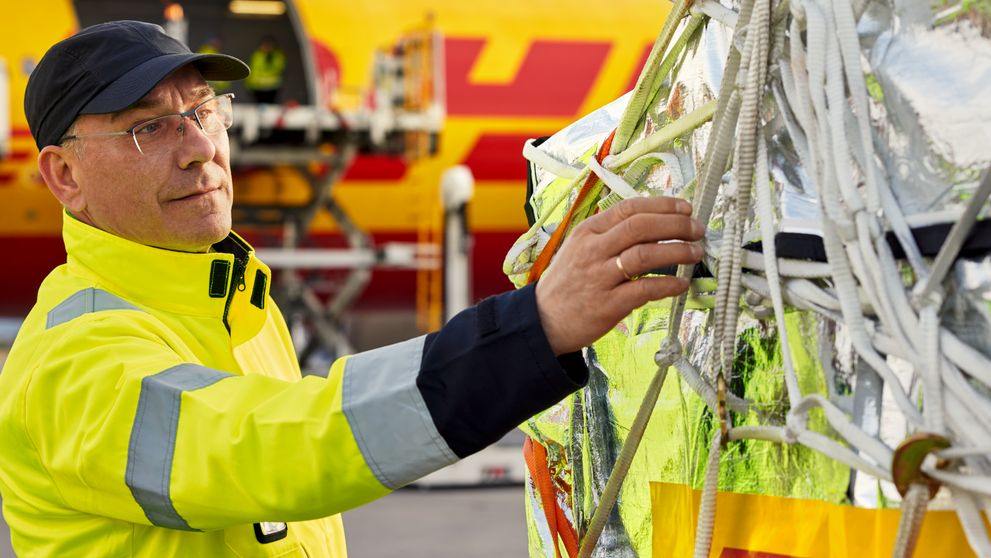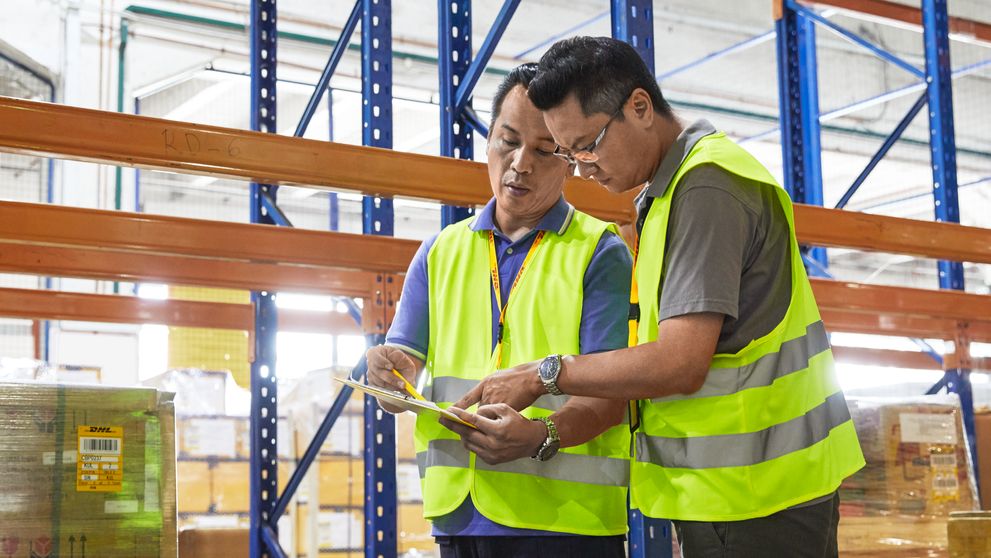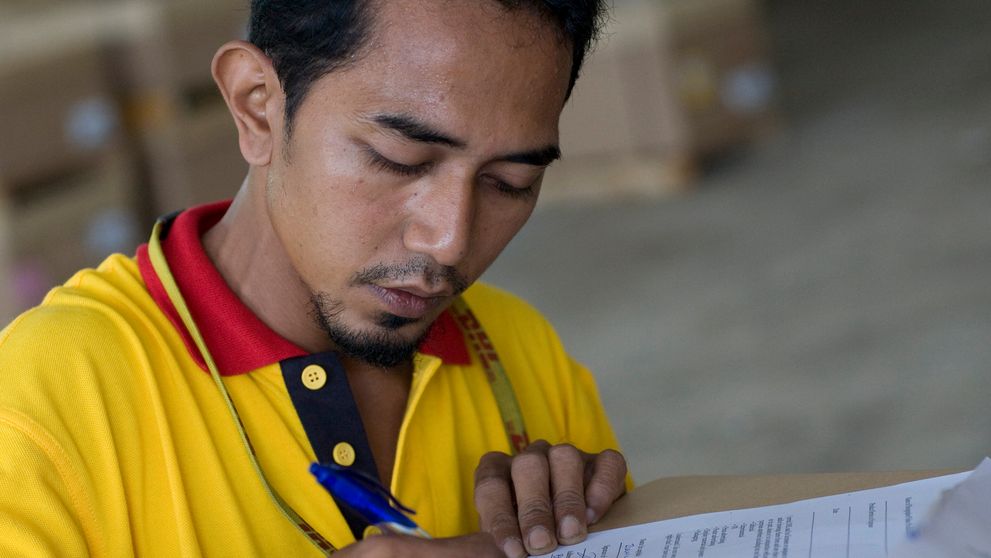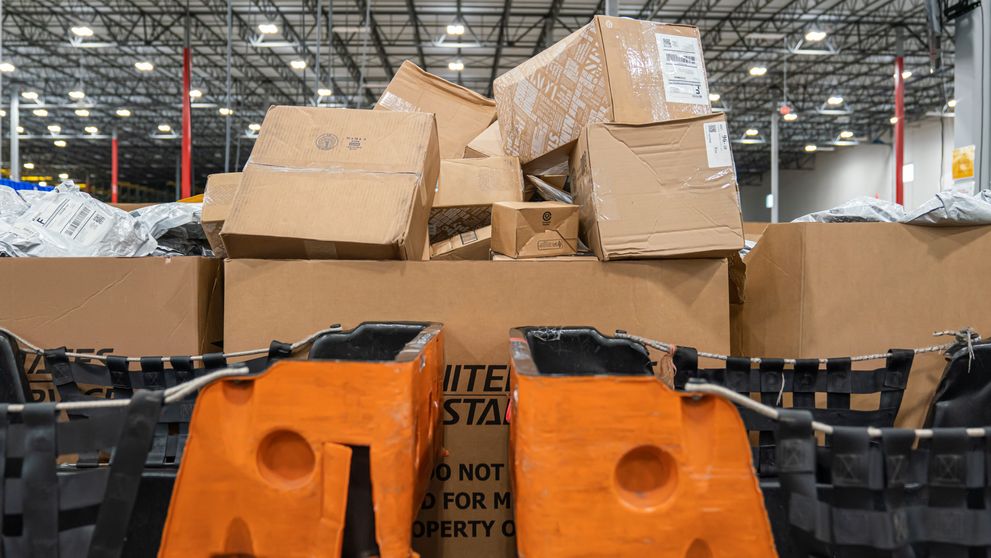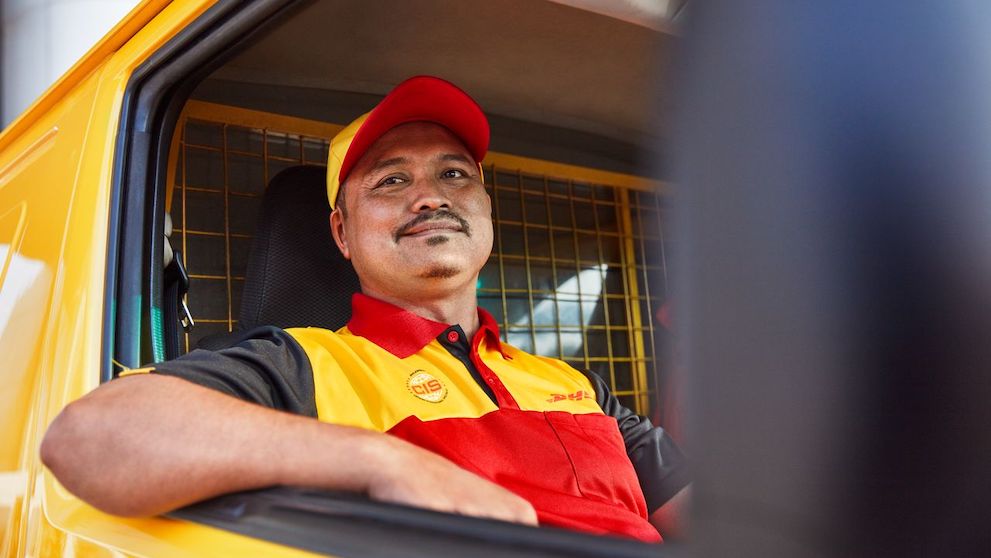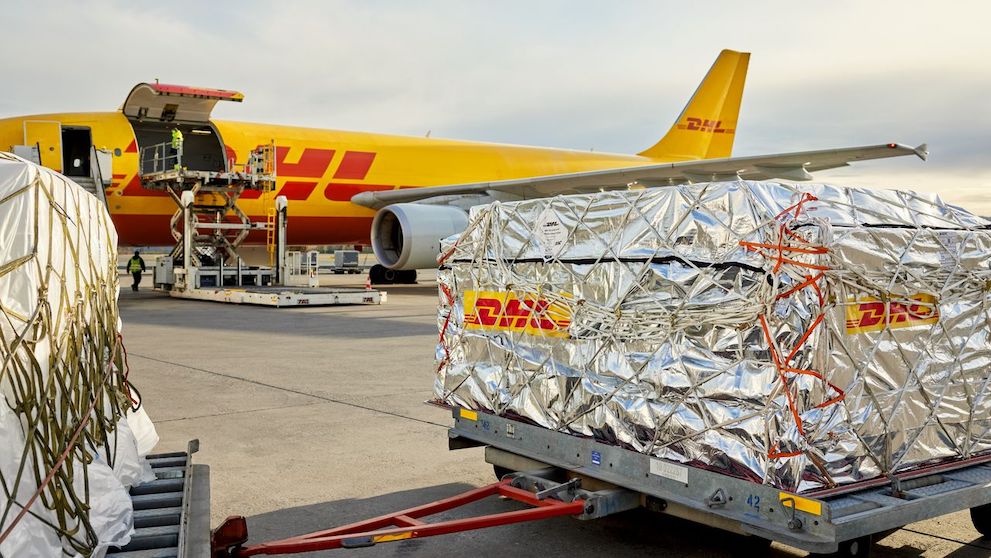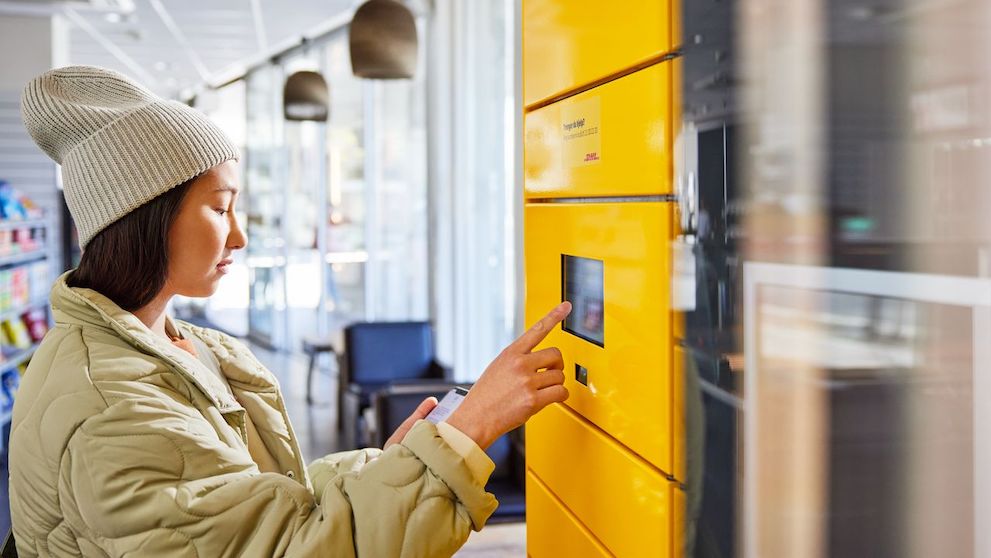As global demand for halal products continues to surge, Indonesian businesses have a unique opportunity to capitalize on this growing market. The global halal food market, according to a Maximize Market Research report, was worth about US$2339 billion in 2023, a value that is expected to more than double by 2030, reaching nearly US$5285 billion1. This growth presents an unparalleled opportunity for Indonesia, which holds the title of the world’s largest halal food market and a leading hub for halal cosmetics and pharmaceuticals, notes The Global Islamic Economy Report2.
Indonesia's own halal market is projected to see substantial growth, from US$279.26 billion in 2023 to US$807.86 billion by 2031, as revealed by reports from Data Bridge Market Research3. With the government’s increased focus on halal regulations and the introduction of mandatory halal certification across various sectors, Indonesian exporters are well-positioned to lead this market. Effective halal logistics is thus essential for businesses looking to expand internationally, ensuring that products maintain halal integrity throughout the supply chain and reach a diverse, global customer base.
What is halal logistics?
Halal logistics is a specialized approach to managing the supply chain for halal products, ensuring they meet Islamic dietary and ethical standards, known as Shariah compliance. This covers every step, from sourcing raw materials to packaging and delivery requirements, with careful measures to prevent cross-contamination. For instance, halal food is stored separately from non-halal items, transported in dedicated vehicles and clearly labeled with symbols to show their halal status. Clear documentation is also essential, with records and halal certificates from recognized bodies to confirm compliance.
Halal logistics and supply chain management in Indonesia
Indonesia has made significant strides in establishing a comprehensive halal logistics system. On June 24, 2024, the Indonesian Halal Logistics Association (Asosiasi Halal Logistik Indonesia) was launched to support these developments and promote best practices across the sector4. The country has also introduced mandatory halal certification for logistics services, making it the first nation to require halal compliance not only from food, cosmetic and pharmaceutical producers but also from logistics companies. This regulation takes effect for food industries by October 2024 and will extend to cosmetics and pharmaceuticals by October 2026. Businesses can also expect this to roll over to more forms of exports like soaps and other body and facial care products. Such a rigorous approach highlights Indonesia’s commitment to a supply chain approach to halal, ensuring that all stages meet the strict standards of Shariah compliance.
To further strengthen its halal logistics ecosystem, Indonesia is investing in dedicated Halal Ports and Halal Industrial Estates (KIHs)5. These specialized facilities provide the necessary infrastructure for handling, warehouse storing and distributing halal products, creating a safer and more efficient halal supply chain. The government’s promotion of these facilities aims to make the halal logistics process more efficient and accessible, particularly for Indonesian businesses looking to meet both domestic and international standards.
As Indonesia looks to the future, technological innovation is also becoming a focus for enhancing halal logistics. The integration of digital solutions such as the Internet of Things, artificial intelligence and blockchain is being explored to improve transparency, traceability and operational efficiency within the supply chain6. Extending certified halal logistics infrastructure beyond major urban areas is another opportunity to support halal compliance in more remote Indonesian regions.

Tips on adapting to halal logistics requirements
To effectively navigate halal logistics, businesses can implement strategies, from adhering to industry standards to leveraging specialized logistics solutions and training personnel – each of which can help Indonesian businesses maintain halal integrity and succeed in global markets.
1. Uphold halal logistics standards to enhance global credibility
One of the most important steps for any business in the halal sector is to adhere to clearly defined halal standards and certification requirements. Malaysia's Halal Industry Development Corporation (HDC) is a great example of a regulatory body that has driven innovation and set high standards in the global halal sector6. HDC supports the halal industry by developing industry standards, promoting Malaysian halal products worldwide, and creating digital certification portals with partners like Microsoft. These portals help businesses meet halal certification requirements efficiently.
Similarly, the Australian Government Authorized Halal Program mandates halal compliance for all halal meat exporters, ensuring both religious and safety standards are upheld7. For Indonesian businesses, collaborating with regulatory bodies and keeping updated on global halal standards is vital for successful international expansion.
2. Leverage specialized logistics solutions for halal compliance
As halal logistics continues to evolve, adopting specialized solutions is essential, especially for temperature-sensitive products like perishable foods. The Emirates airline, for instance, has launched the “Cool Chain” service, which utilizes advanced temperature-controlled containers8. This premium air cargo solution from the United Arab Emirates is specifically designed to handle perishable and sensitive items, providing a seamless transport chain that meets halal standards.
For Indonesian businesses, such innovations present valuable examples of how specialized logistics can help ensure halal compliance. By partnering with logistics providers that offer similar temperature-controlled transportation solutions, businesses can maintain the integrity of their halal products across long-distance, international journeys.
3. Train logistics personnel on halal practices
A crucial part of a halal-compliant supply chain is making sure that all logistics employees are familiar with halal standards. In Australia, for example, logistics staff are trained in halal practices, so they understand the religious, regulatory and technical aspects of handling halal products, particularly meat. This training helps prevent contamination and errors in handling. For Indonesian businesses, implementing similar training programs can strengthen compliance and ensure that all team members follow Shariah principles, supporting the integrity of halal operations overall.
How DHL Express can help
DHL Express can support businesses in maintaining halal integrity through specialized logistics solutions. From cold chain logistics for halal foods to certified segregation practices, DHL Express ensures products are handled with care and compliance. Import and export specialists are also available to guide you through the shipping regulations in both domestic and international markets, making the export process smoother. Get started today by opening a DHL Express business account and access tailored support for shipping your halal products from Indonesia to the rest of the world.
- Halal Food Market: Global Industry Analysis and Forecast (2024-2030)
- Indonesia’s halal regulations require a halal supply chain approach
- Indonesia Halal Market – Industry Trends and Forecast to 2031
- Indonesia launches the Indonesian Halal Logistics Association
- Development of Indonesian Halal Logistic: A SWOT Approach
- DIGITAL INNOVATION IN HALAL LOGISTICS: AN INDONESIAN CASE STUDY
- Institutional forces on Australian halal meat supply chain (AHMSC) operations
- Special report: Halal logistics
